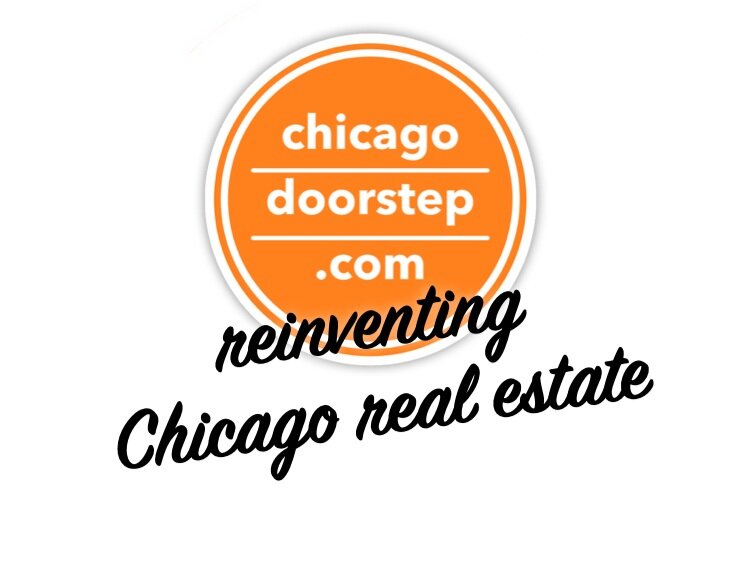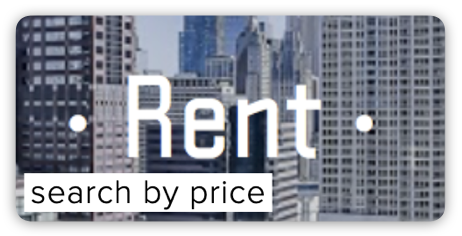What does it cost to buy a house?
It’s exciting to search websites like this one looking at houses and the bright photos, 3D virtual tours, and checking the map to see what is within walking distance in the neighborhood. And then there’s the financial side of things, the money that it takes to buy a house. You know that the sticker price is one thing, but you also know you don’t have to pay that all upfront because the bank will lend you money. But what are the other costs involved? Are there any upfront fees, or what about any costs at closing? Before you make this long-term commitment it’s good to know what costs you will be responsible for.
Down payment
A downpayment is a percentage of the purchase price that the buyer has saved to put towards the purchase of the home. This amount can range from 3-5%. When having a smaller downpayment such as 3% the buyer can anticipate higher monthly payments to make up for the difference.
Inspection
An inspection is well, an inspection of the home. You should hire a professional to inspect the home. They will look for things such as faulty or old appliances, any mold or water damage, they will inspect the exterior such as the roof or masonry depending on the type of property you are interested in. You can anticipate a good home inspection costing between $300-$500 depending on the type of property and the size of the home. $300 can seem like a lot of money but can potentially save you thousands of dollars in the long run.
Private Mortgage Insurance (PMI)
If you pay 20% or more of the value of the home then you can avoid paying PMI (Private Mortgage Insurance), but if your down payment is less than 20% you will pay the PMI until you reach 20%. This payment protects the lender in the event that the buyer defaults on the primary mortgage. This monthly premium is added to your mortgage payments.
Homeowner and Hazard Insurance
Homeowners’ insurance will financially protect you from events that damage your home, such as natural disasters, theft, or vandalism. Usually, your lender requires that you purchase homeowner’s insurance which covers the property in case of any damages. Some HOA’s include insurance in the monthly assessment.
Property taxes
In most places, your city or county government requires you to pay property taxes on your home for as long as you own it. Typically, property tax is included in your monthly mortgage payment, but separate from the interest and principal.
HOA, Co-op, or Condo fees
If you’re buying a home in a community with a Home Owners Association (HOA) then you are likely paying a monthly assessment/fee. This fee goes toward the services the association provides to include but not limited too: door staff, routine maintenance, any repairs or upcoming projects, and so on.
Closing costs
Closing costs are due on the day of closing (hence the term Closing Costs) and can typically range from 2-5% of the purchase price. This is usually paid as a one-time fee on the day of closing. This fee can include:
Appraisal fee - This determines that the amount you borrow is equal to the value of the home.
Application fee: This covers the cost of processing your request for a new loan and includes costs such as credit checks and administrative expenses and varies depending on the lender you sue and the amount of work it takes to process your application.
Attorney’s fees: Chicago requires an attorney to be present at the closing of the purchase. The fee will vary depending on the attorney’s rate.
Prepaid interest: Some lenders require buyers to pay the interest that collects on the mortgage between the date of settlement and the first monthly payment due date.
Loan origination fee: This can also be referred to as the underwriting fee, administrative fee, or processing fee. This is a charge by the lender for evaluating and preparing your mortgage loan and covers document preparation, notary fees, and the lender’s attorney fees.
Mortgage broker fee: If you work with a mortgage broker the broker will usually charge a commission as a percentage of the loan amount.
FHA, VA, and USDA fees: If your loan is an FHA (Federal Housing Administration) loan then you will have to pay FHA mortgage insurance premiums. If your loan is a VA (Veterans Affairs) you will pay guarantee fees.
Conclusion
These costs can add up but if you plan and know what to prepare for then you can plan for what you need. A house is an investment and like any investment, you need to put money into it to help that investment grow. Sometimes the worst part about dealing with finances when purchasing a home is not being aware of what to save up for, but now that you know this is one less thing to be afraid of when it comes to purchasing a home.











